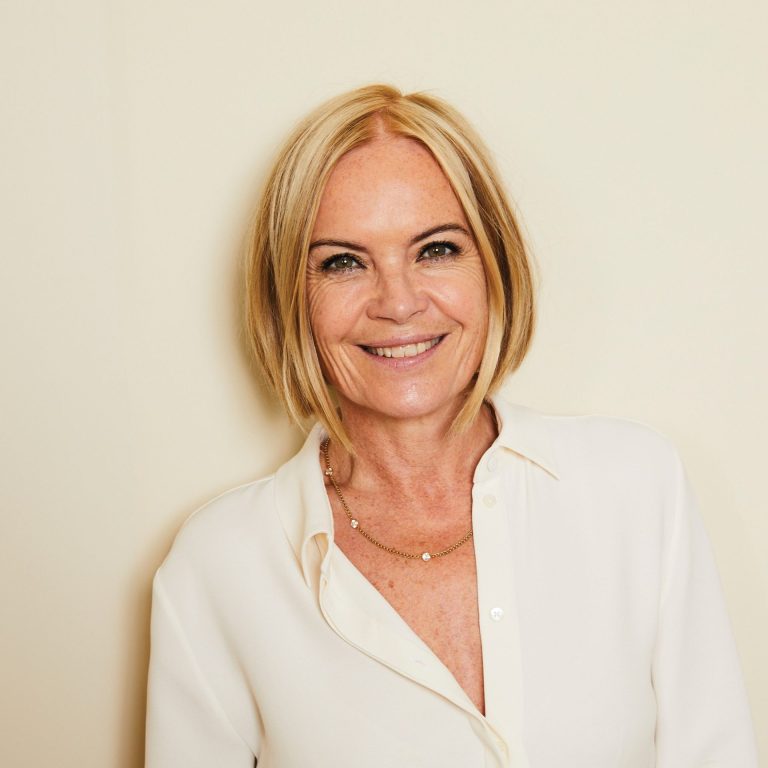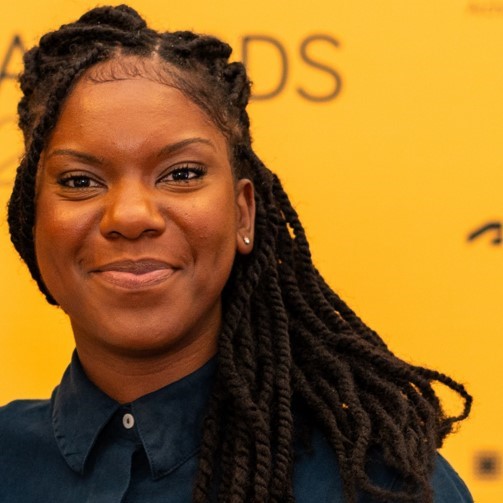Menopause and work: How to finally break the taboo
Mariella Frostrup shares all this Menopause Awareness Month.
Expert Insight
October is Menopause Awareness Month.
Inclusive businesses outperform others, and this is the case with menopause and menstruation too.
Motionspot and broadcaster Mariella Frostrup share their top tips for companies who want to do better.
“For millennia, women’s biology has been perceived as something to hide in shame rather than celebrate. We’ve been conditioned not to mention menstruation or menopause at work, or anywhere else,” Mariella Frostrup, broadcaster and chair of Menopause Mandate tells UNLEASH.
Despite making up 50% of the workforce, “our bodies have been perceived as a hindrance and an embarrassment”, continues Frostrup.
Women have been forced to grin and bear it at work, despite the debilitating symptoms of both menstruation and menopause.
Research by University College London found that 63% of women found the menopause a serious challenge – many described their experience as a “nightmare” and “awful”.
Another study by Fertifa found that 70% felt uncomfortable talking about the menopause at work, 50% said this affected their job satisfaction and would push 42% to consider leaving the world of work.
It is clear that menopause, but also menstruation and hormonal fluctuations, remains a taboo, in the workplace, but also wider society.
Inclusive design consultancy Motionspot’s recent research further shows that the impact of hormonal fluctuations at work impacts people’s entire careers – it doesn’t just start with the onset of menopause.
58% of the 2,000 workers Motionspot surveyed said their hormones affected their concentration at work (this rose to 65% for menopausal women) – in addition, 44% faced fatigue and 29% dealt with pain.
This affected the respondents on average 7.74 days a month.
“The impact of the negative effects of hormonal fluctuations on both employers and employees’ productivity, efficiency, and financial outcomes cannot be underestimated,” as Pareisse Wilson, Motionspot’s inclusive design strategy lead, shares with UNLEASH.
Frost & Sullivan estimates that productivity losses from the lack of menopause support could be costing the economy more than $150 billion a year – and that’s just in the UK, what about the rest of the world?
It is high time that employers step up and take action – ultimately, it is not just the right thing to do, but the financially sensible thing to do.
Reasons to celebrate progress around menopause
Thankfully, many employers are getting on board.
Progress is “gathering momentum at a celebratory speed. I’m sure that in a decade’s time, we will look back and marvel in horror at the fact that we didn’t have a culture and policies that supported and protected our colleagues”, according to Frostrup.
There is now clarity that women’s “physiology operates differently and that we too might need to work in a different way”.
Of course, doing things differently is not the same as doing things worse. The fact that women deal with menstruation and the menopause “does not – and I cannot be too emphatic about this – mean that women are less able. Far from it”, Frostrup declares.
First of all, organizations with women leaders outperform those lacking female representation.
In addition, in a labor market where employees and candidates are in the driving seat, Wilson shares that “the progressive organizations that embrace inclusive workplace design will enjoy improved productivity, performance, and staff retention, and become the top choice for workers at every age and career stage” grappling with debilitating menstruation and menopause symptoms.

Mariella Frostrup, broadcaster and chair of Menopause Mandate.
Frostrup calls out a few standout employers helping to turn the tide.
“I’d like to give a shout-out to Accenture, who is working to ‘rebrand the menopause’ – improving access to healthcare relating to menopause for their people.
“Channel 4 in particular has been world-leading in their policies. They were the first company globally to put a menopause policy in place. Not only that, but they shared it for others to freely use.
“They have a culture and policies that support menstruation, miscarriage, menopause and fertility, and a CEO who is both passionate and vocal about sharing how to support women,” continues Frostrup.
Other brands that are really driving forward on menopause include Lloyds, Pfizer, Standard Chartered, Aviva and Diageo.
How to do better around menopause
There’s lots to learn from these examples – plus many things employers should bear in mind if they want to build truly inclusive and equitable workplaces.
According to Motionspot’s Wilson, the first thing for employers to do is to normalize the conversation. They should use surveys and focus groups to ask employees about their challenges, and what solutions they’d like out to see.

Pareisse Wilson, inclusive design strategy lead, Motionspot.
“Underpinning inclusive design is the engagement with users, communities, and stakeholders with lived experience of diverse and intersectional protected characteristics (to better understand the needs of a diverse range of users in the design of environments,” adds Wilson.
Motionspot’s research picks some themes; Wilson shares: “We have identified sleep pods, focus rooms, comfortable seating, larger bathrooms, and sensory controls as features that would help reduce pain and discomfort.
“These can be implemented in many working environments, beyond traditional offices.”
All of these changes are minor, and easy, but they can reap real rewards in terms of keeping women in the workforce. But this is bigger than this – diverse and inclusive workplaces are good for everyone, and create places where people are open, transparency, happy, and ultimately productive.
Diversity at UNLEASH World
Diversity, equity, inclusion and belonging will be taking center stage at UNLEASH World 2023.
While we’ve got HR leaders from Ubisoft, Pfizer, Ahold Delhaize and ENGIE speaking about all the different tenets of inclusion, we are thrilled to have a whole session dedicated to the menopause, and why it concerns everyone, at the show.
Want to hear Menopause in Business’ Kate Usher share her top tips live on World Menopause Day (18 October)? Join us in Paris – it’s not too late to grab your ticket.
Sign up to the UNLEASH Newsletter
Get the Editor’s picks of the week delivered straight to your inbox!

Chief Reporter
Allie is an award-winning business journalist and can be reached at alexandra@unleash.ai.
